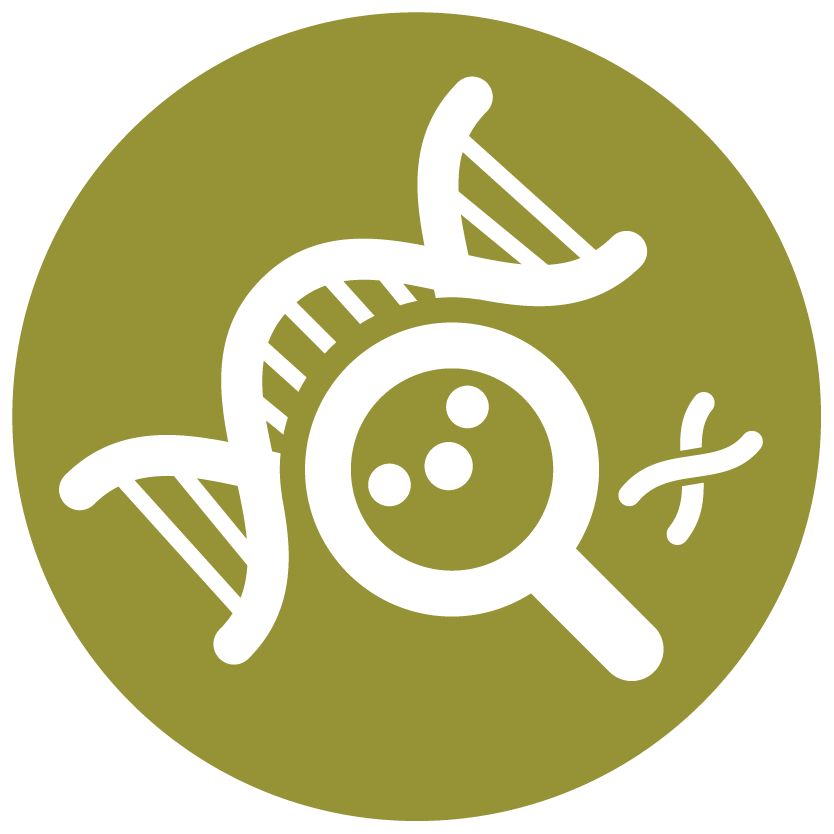Back
Discovery and Basic Research
Session: Rapid Fire: Cells as Carriers of Therapy: From Factories to Hitchhiking
DNA-Based cGAS Agonists as a Novel Approach to cGAS-STING Activation for Cancer Immunotherapy
Wednesday, October 19, 2022
3:45 PM – 4:00 PM ET
Location: 254 B

Shurong Zhou, MS (she/her/hers)
PhD Student
Virginia Commonwealth University
Richmond, Virginia
Rapid Fire Speaker(s)
1. Importance of cGAS-STING pathway in cancer immunotherapy.
2. Current strategies for cGAS-STING activation.
3. Advantages of cGAS targeting using small DNA molecules.
4. Application of lipid-based nanoparticles for efficient DNA delivery in vivo.
5. Modulation of tumor microenvironment using DNA-based cGAS agonist.
2. Current strategies for cGAS-STING activation.
3. Advantages of cGAS targeting using small DNA molecules.
4. Application of lipid-based nanoparticles for efficient DNA delivery in vivo.
5. Modulation of tumor microenvironment using DNA-based cGAS agonist.
Learning Objectives:
- Upon completion, participant will be able to understand the current role of cGAS-STING activation in cancer immunotherapy.
- Upon completion, participant will be able to discuss the challenges of developing cGAS/STING agonists.
- Upon completion, participant will be able to understand the advantages of small DNA-based cGAS agonist.
- Upon completion, participant will be able to discuss the future work of small DNA-based cGAS agonist.


